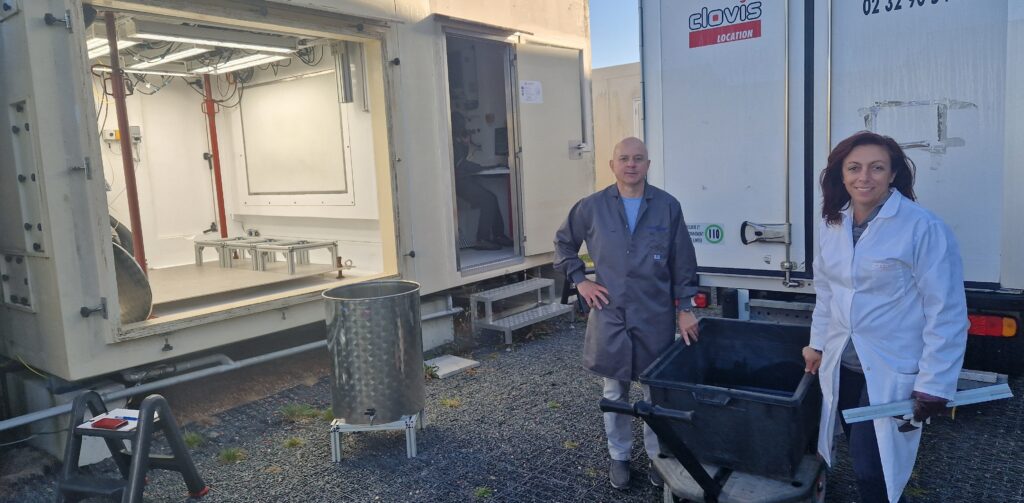
Peer Bork
Interim Director General
EditUnderstanding life in its natural context
Effects of Xenobiotic Pollutants On Coastal microbial Ecosystem Resiliency.

This project unites the molecular biology expertise of EMBL with the unique mesocosm high-tech facilities and knowledge of Ecotron Ile de France (CEREEP) to tackle highly relevant research questions on microbial changes and adaptation in global warming and human-induced pollution.
We established experimental mesocosms containing coastal sediments and sea water, and investigating how the resident microbial communities respond to the anthropogenic pressure of induced chemical pollution and heatwaves. We also test the rate of recombination between homologous chromosomes in vegetative cells of a marine diatom, which has the potential to increase genetic variability and contribute to their ability to adapt.
Our framework includes the concepts of resistance (ability to withstand these pressures) and resilience (ability to recover to the initial state) amongst both the eukaryotic and prokaryotic microbial communities.
Samuel Abiven and team at CEREEP IleDe France
Chris Bowler (IBENS-CNRS)